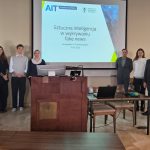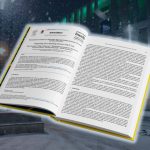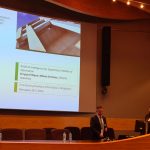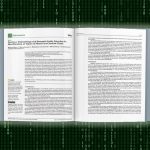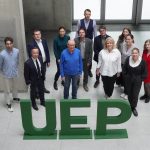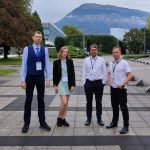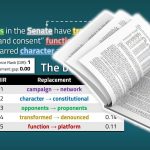
A new paper by our researchers has been published on the Springer website. It explores the sentiment of Wikipedia articles about companies using a range of artificial-intelligence models. The study set out to determine how well each model copes with assessing the sentiment of Wikipedia’s characteristically long articles, and to examine how that sentiment varies across industries and article-quality classes.
